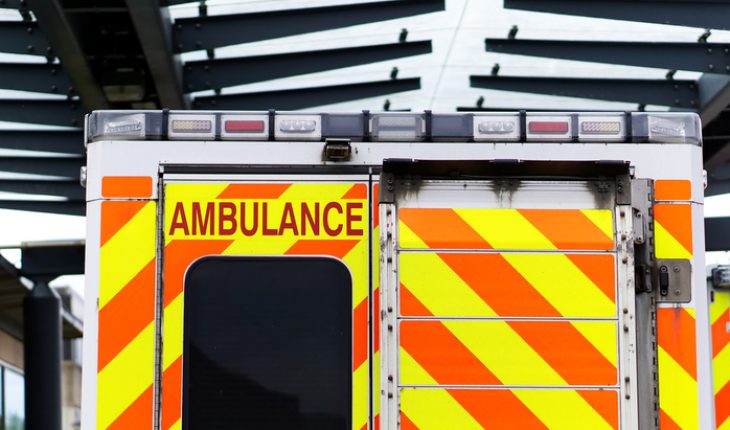A&E forward planning is ‘too little, too late’ according to the Royal College of Emergency Medicine. New data from NHS England shows that plans to reduce pressure on A&E departments over winter are proving ineffective.
There are fewer beds and a higher percentage of beds occupied than at the same point last year. NHS 111 experienced its highest ever weekly number of calls and the number of ambulances kept waiting for over an hour was nearly double the previous week.
There are fewer beds and a higher percentage of beds occupied than at the same point last year. NHS 111 experienced its highest ever weekly number of calls and the number of ambulances kept waiting for over an hour was nearly double the previous week.
Dr Chris Moulton, Vice-President of the Royal College of Emergency Medicine said: “These figures reflect what our members all over the UK have been saying; A&E departments are struggling – even in a week that traditionally experiences a lull from the pressures of winter. If this is better prepared, then it’s both a startling admission of the abject failure of planning in previous years and a poor reflection on the current plans.
“Planning for this year was too little too late and it is clearly not working. However, given the continued capacity and resource issues, this can be of little surprise to anyone. While extra money was allocated in the last budget, it was less than required to address the obvious deficits in staffing and capacity in both hospitals and in the community. The current situation facing our emergency departments demonstrates that these were not empty warnings and consequently both staff and more importantly, patients are now suffering.
“The NHS does not have enough beds and there are massive shortages in both community and social care. The “solution” of cancelling 55,000 operations – the equivalent to the population of Canterbury – will cause further problems for those whose treatment is postponed, especially as many of these patients will subsequently present to A&E departments with ongoing symptoms.
“The Royal College of Emergency Medicine assures patients that our members are doing everything possible to mitigate the problems caused by the current overcrowding of NHS A&E departments.”
- Broken-heart syndrome patients increased risk - 25th March 2025
- Effective digital healthcare depends on trust - 24th March 2025
- Natural fats in human skin link to eczema - 24th March 2025






